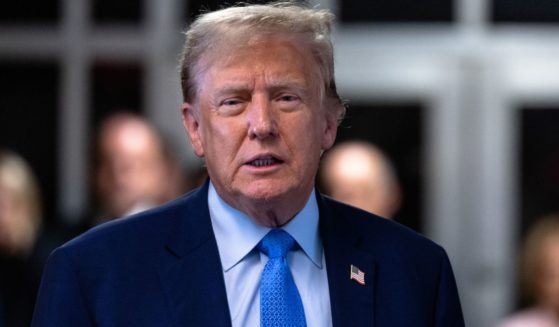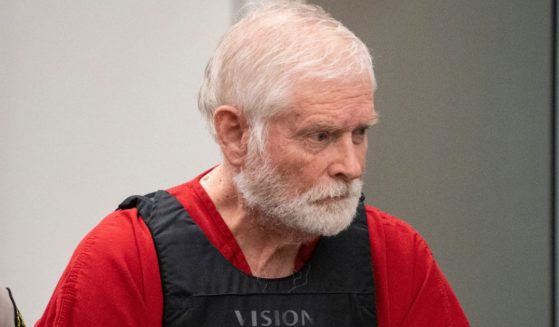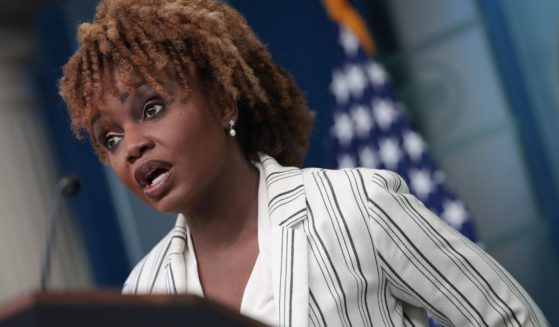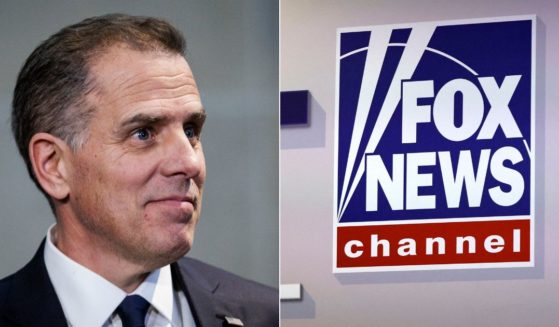Pennsylvania accuses financial firms of bond price-fixing
HARRISBURG, Pa. (AP) — Pennsylvania’s treasury department is accusing about a dozen large financial firms of working together to illegally inflate the price of bonds issued by Fannie Mae and Freddie Mac over seven years.
A federal court filing by Pennsylvania Treasurer Joe Torsella cites what his office says is evidence from a “cooperating co-conspirator” in a U.S. Department of Justice investigation into price-fixing in the secondary market for bonds issued by government-controlled companies.
Evidence cited in the filing late Thursday includes brief transcripts of what it says are electronic chats between traders from various financial institutions that are the largest dealers of the bonds.
In the discussions, the traders allegedly agree to fix bond prices at artificially inflated prices, cheating Pennsylvania and other buyers of the bonds. The price-fixing began in 2009 and lasted through 2015, and violates federal anti-trust law, Torsella’s filing said.
In one 2012 exchange in Torsella’s filing, a Morgan Stanley trader says, “I just don’t want to create a race to the bottom between the 3 of us, doesn’t help anyone.”
That trader and traders from Deutsche Bank and BNP Paribas then agree on a price.
One trader proposes a price of $99.985, another agrees and the third responds, “Good by me.”
An analysis shows that pricing patterns are consistent with such a price-fixing agreement, the filing said. The “economic fingerprints” of the conspiracy diminished after January 2016, when the cooperating co-conspirator discovered it, it said.
Torsella’s office said it is bound by a confidentiality agreement and could not reveal how it came to receive information from the cooperating co-conspirator. It would not say who the confidentiality agreement is with.
Named as defendants are Barclays, Bank of America, Citigroup, Credit Suisse, Goldman Sachs, BNP Paribas, First Tennessee Bank, TD Securities, Morgan Stanley, Nomura, JP Morgan, Cantor Fitzgerald, UBS and HSBC.
Most firms declined to comment, while other financial institutions contacted by The Associated Press did not immediately respond Friday. Some asked for a copy of the lawsuit.
Justice Department spokesman Jeremy Edwards declined comment Friday.
The bonds are a cornerstone for the investment portfolios of government and institutional investors, and Torsella’s office said it expects that a large number of governments, public agencies, pension funds and other public institutional investors are victims of the alleged conspiracy.
Thursday’s filing is part of an ongoing case in federal court in New York’s southern district being led by Torsella’s office.
Pennsylvania is seeking class action in the case, which has consolidated lawsuits by various government entities, labor unions and public pension systems, including the city of Baltimore.
It said Pennsylvania’s various state agencies bought or sold $63 billion in so-called GSE bonds during the seven-year period. Torsella’s office is in the process of determining how much money state agencies lost because of the alleged price-fixing scheme, officials there said.
The Department of Justice hasn’t filed any criminal charges and the cooperating co-conspirator is not directly identified in Torsella’s court filing.
However, Torsella’s filing identifies Deutsche Bank as a co-conspirator and one of various entities that participated in the violations, but that are not named as defendants. A Deutsche Bank spokesman declined comment Friday.
In a March filing in the case, the Alaska Electrical Pension Fund lobbed similar accusations against a nearly identical group of financial firms, saying traders communicated through electronic chatrooms, instant messaging, emails, telephone and in-person meetings.
It went on to name 27 “key personnel” on the desks that traded the bonds in question at 11 firms: Bank of America, Barclays, BNP Paribas, Citigroup, Credit Suisse, Deutsche Bank, FTN Securities, Goldman Sachs, JP Morgan, Morgan Stanley and UBS.
They shared “highly sensitive trading information about their own books and about the trading strategies of their customers,” positioning themselves to earn “extraordinary trading profits in the secondary market,” it said.
Buyers didn’t know that the firms’ traders had secretly agreed not to compete, and often sought to drive competition among the firms to get a better price, the Alaska Electrical Pension Fund’s lawsuit said.
“Little did they know that, behind the scenes, defendants would invariably share their clients’ confidential information and coordinate their actions to ensure such efforts to benefit from competition went nowhere,” it said.
___
Associated Press reporter Michael Balsamo in Washington, D.C., contributed to this report.
The Western Journal has not reviewed this Associated Press story prior to publication. Therefore, it may contain editorial bias or may in some other way not meet our normal editorial standards. It is provided to our readers as a service from The Western Journal.
Truth and Accuracy
We are committed to truth and accuracy in all of our journalism. Read our editorial standards.












